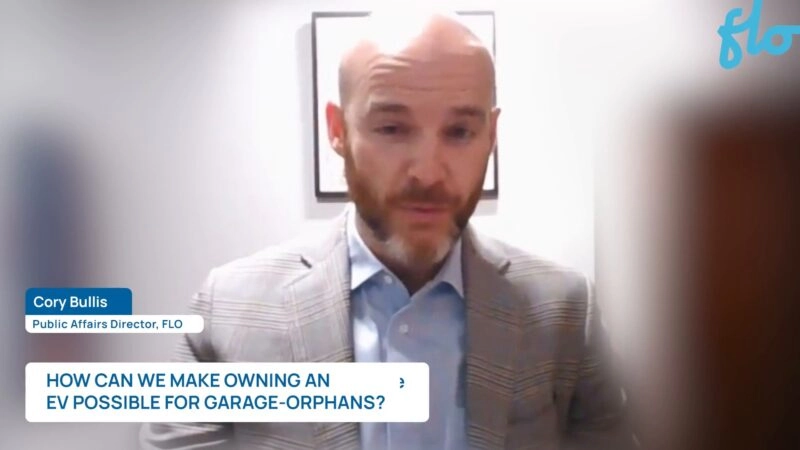What’s the California Equitable EV Charging Act?
The electric vehicle (EV) industry has multiplied over the past few years, driven by increasing concerns about climate change and a push toward cleaner energy sources. However, one of this industry’s biggest challenges is the need for charging infrastructure in many areas, particularly in low-income communities, rural areas, and multifamily housing. To address this issue, California recently passed a bill that requires the state to quantify charging needs for underserved driver segments. Cory Bullis, Director at FLO, a leading company in EV charging infrastructure, highlights the importance of this bill in ensuring that enough chargers are available for all drivers, including those who face additional hurdles in accessing them.
The bill aims to ensure enough chargers are available for all drivers, including those who face additional hurdles in accessing them. For example, ride-sharing drivers often have limited time between trips to charge their vehicles, while living in multifamily housing can make it challenging to install chargers due to a lack of space or building codes. The state can better allocate resources and ensure everyone has access to charging infrastructure by quantifying the number of chargers needed for these driver segments.
This legislation is part of a broader effort by California to achieve its EV infrastructure deployment goals for 2025 and 2030. In addition to government initiatives like this bill, private companies are working towards expanding EV charging infrastructure throughout the state. Companies like FLO have been leading efforts to increase access to charging stations across California through partnerships with businesses and municipalities.
California’s recent bill, which requires the state to quantify charging needs for underserved driver segments, as highlighted by Cory Bullis, Director at FLO, is an essential step towards expanding EV charging infrastructure throughout the state. While there is still much work to be done, initiatives like this give us hope to build a cleaner and more sustainable future by transitioning towards electric vehicles.


